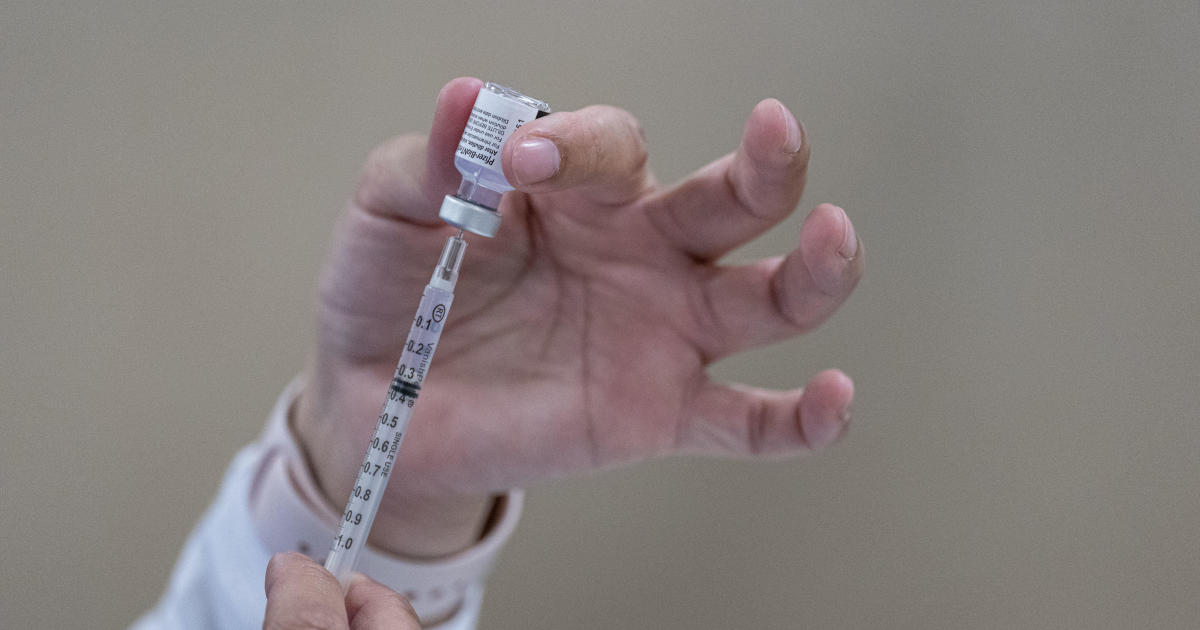Jerusalem – The first dose of the Pfizer vaccination is 85% effective against coronavirus infection between two and four weeks after inoculation, according to a study published in the medical journal Lancet. The pharmaceutical giant and its German partner BioNTech, however, have told the US Food and Drug Administration that their vaccine can be safely stored in standard freezing temperatures, which, if approved by the FDA, can help facilitate faster distribution, denying the need for deep freeze storage.
The Israeli survey was carried out with health professionals at the country’s largest hospital, which launched a mass vaccination campaign on December 19 considered the fastest in the world.
Israeli studies have found that the Pfizer vaccine is 95% effective a week after a second injection, while the Lancet report focused on more than 9,000 medical teams at Sheba hospital, near Tel Aviv. About 7,000 of them received the first dose and the rest were not inoculated.
Of this group, 170 were diagnosed with COVID-19 after tests performed only on those who had symptoms or who had come into contact with coronavirus patients. Fifty-two percent of them have not been vaccinated. Comparing the two groups, the Sheba study calculated that the vaccine was 47% effective between one and 14 days after inoculation, increasing to 85% after 15 to 28 days.
“What we see is a really high efficacy right after two weeks, between two weeks to four weeks after the vaccine, already highly effective in reducing the symptomatic infection by 85%,” said Gili Regev-Yochay, co-author of the study. small group of journalists.
He said that although the vaccine is “incredibly effective”, scientists are still studying whether fully vaccinated people can transmit the virus to others.
“That is the big, big question. We are working on it. It is not in this newspaper and I hope we have good news soon,” said Regev-Yochay.
To date, test data from only one of the main vaccines in use worldwide, the injection from Oxford University / AstraZeneca developed in the United Kingdom, shows effectiveness in preventing asymptomatic infection, indicating this can also help reduce transmission.
Pfizer says unnecessary freezing
Pfizer and BioNTech announced the presentation of research data on storage temperatures to the FDA in a joint statement on Friday.
The FDA’s emergency use authorization for the vaccine, issued months ago, stipulates that it be stored at temperatures well below zero (-112ºF to -76ºF), which requires special equipment for transportation and storage in health facilities. According to the new recommendation from the companies, the vaccine could be stored for up to two weeks in standard freezer temperatures from -13 ° F to 5 ° F, “as an alternative or supplement to storage in an ultra-low temperature freezer”.
“We have been conducting stability studies on an ongoing basis to support vaccine production on a commercial scale, with the goal of making the vaccine as accessible as possible to healthcare professionals and people in the United States and around the world,” said Pfizer CEO, Albert Bourla, in Friday’s statement announcing the request to the FDA to change its orientation. “We appreciate our continued collaboration with the FDA and CDC as we work to ensure that our vaccine can be shipped and stored in increasingly flexible conditions. If approved, this new storage option would offer pharmacies and vaccination centers greater flexibility in the way they manage their vaccine supply. “
“The data presented can facilitate the handling of our vaccine in pharmacies and provide vaccination centers with even greater flexibility,” added BioNTech CEO and co-founder Ugur Sahin. “We will continue to leverage our experience to develop potential new formulations that can make our vaccine even easier to transport and use.”
The other vaccine approved for use and already widely circulating in the United States, made by Moderna, also currently requires deep freezing storage and transportation in accordance with FDA guidelines for use. The Oxford / AstraZeneca vaccine only requires refrigeration at standard temperatures, which makes it much easier to move and store, but this injection has not yet received the green light for use in the USA
